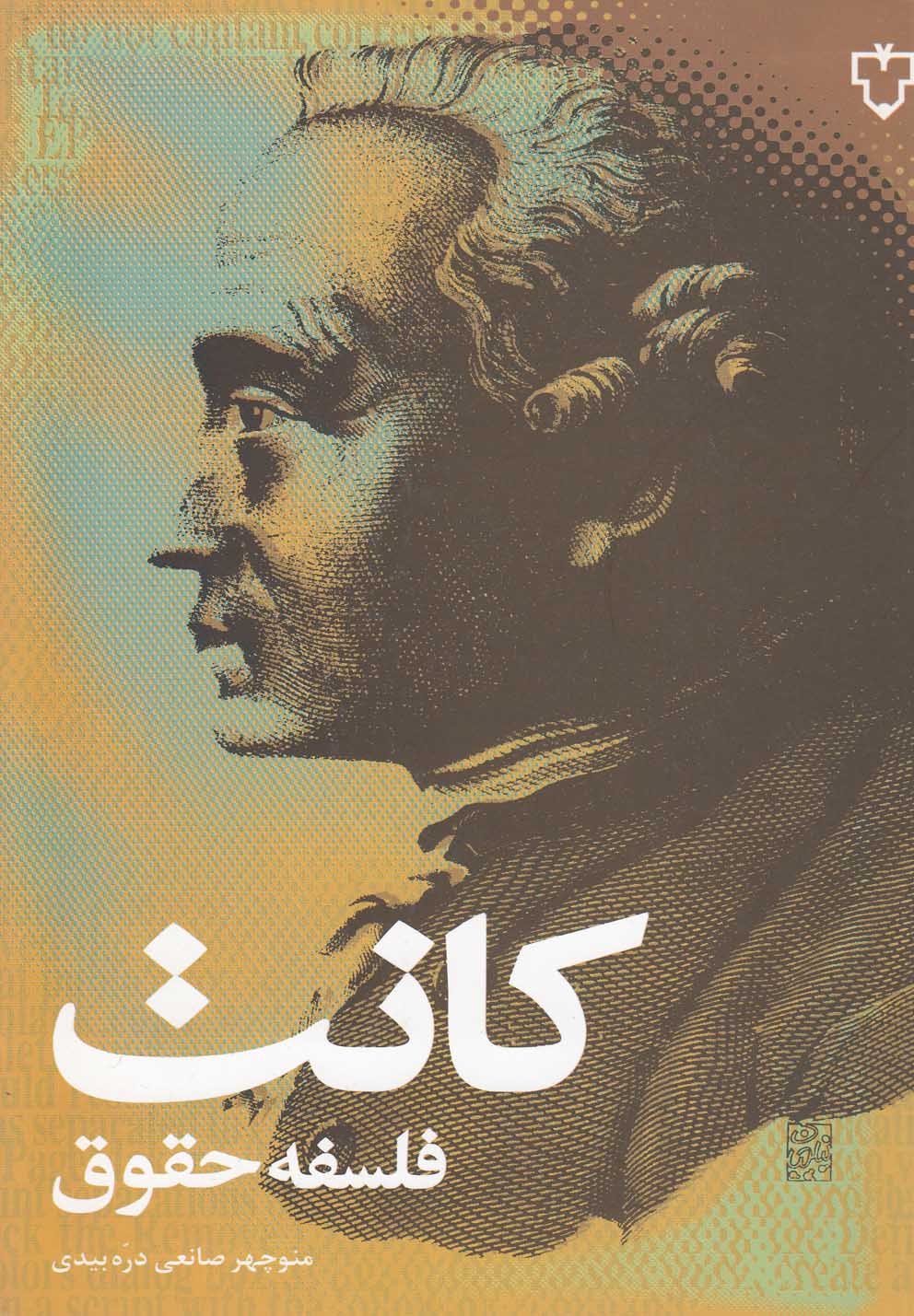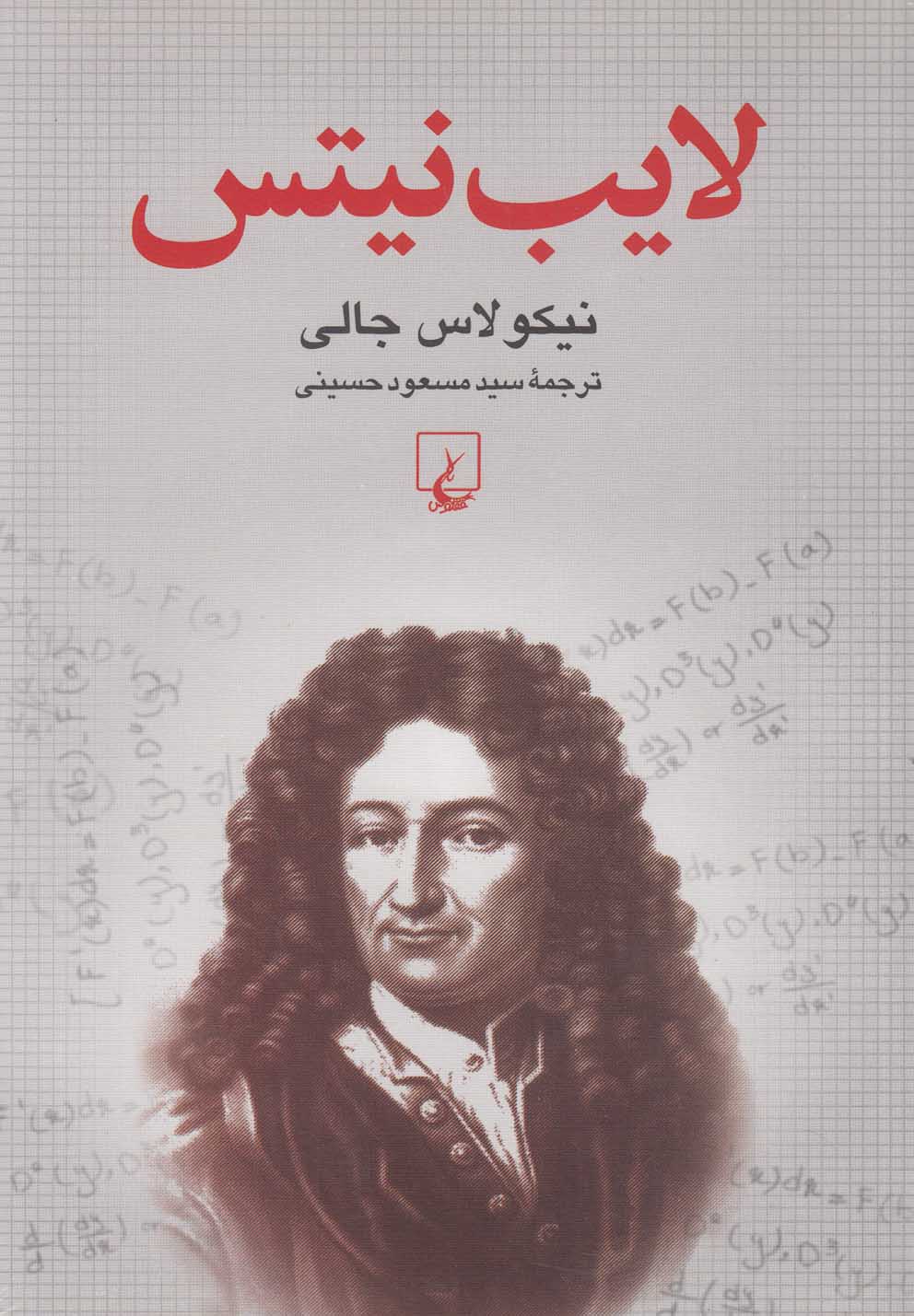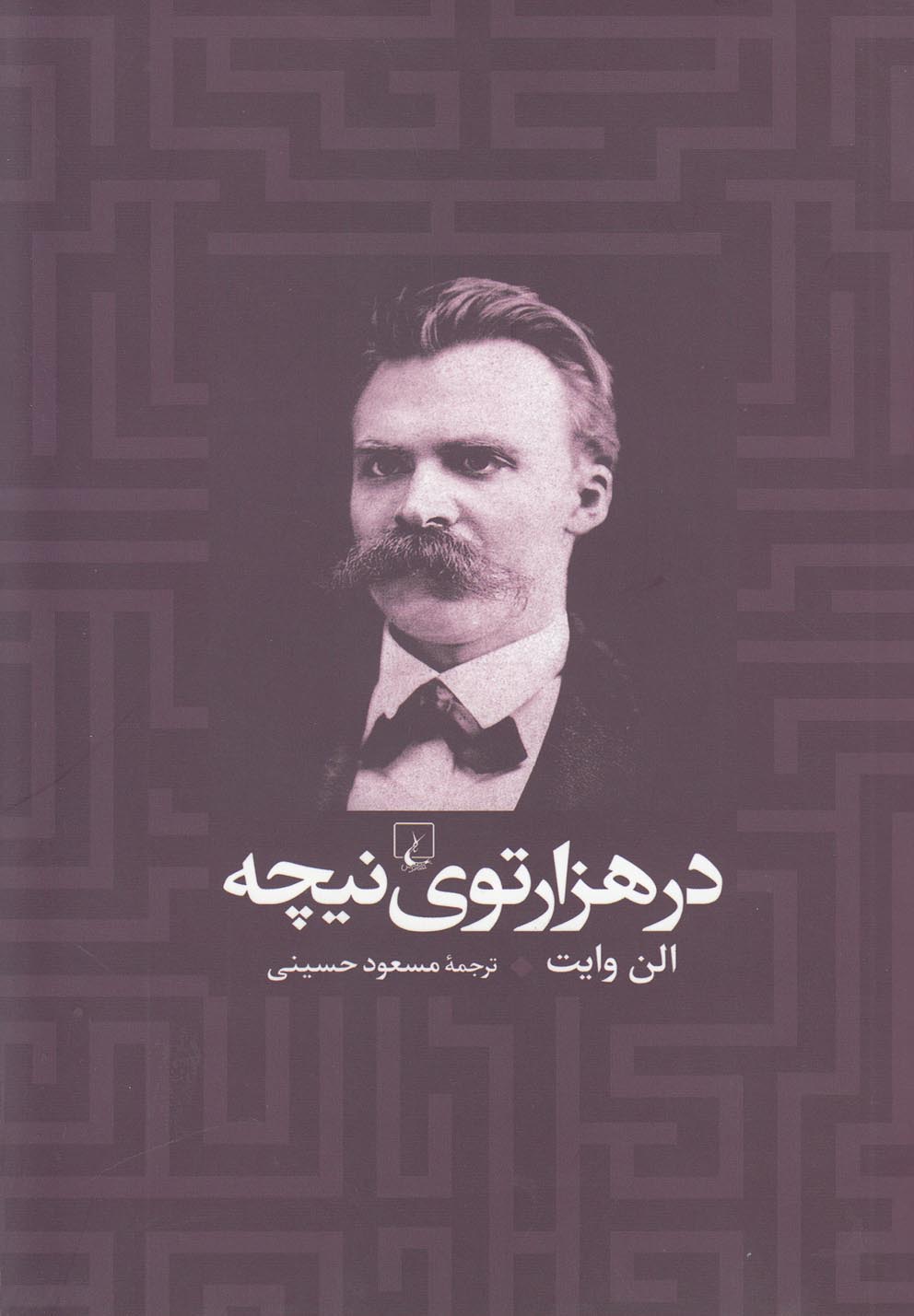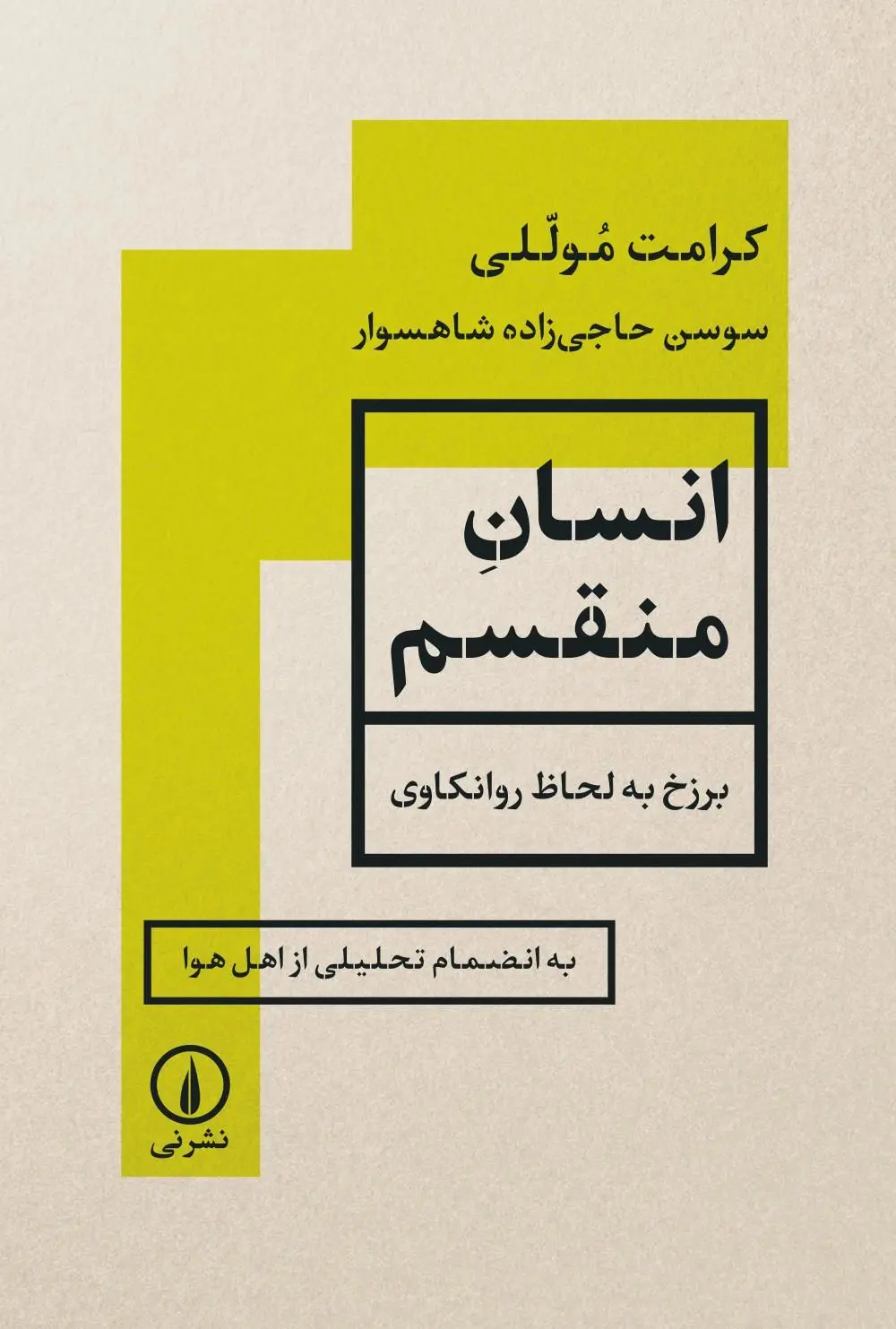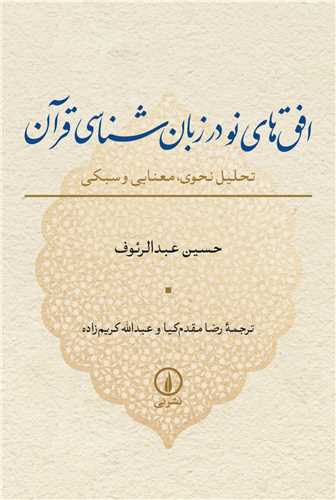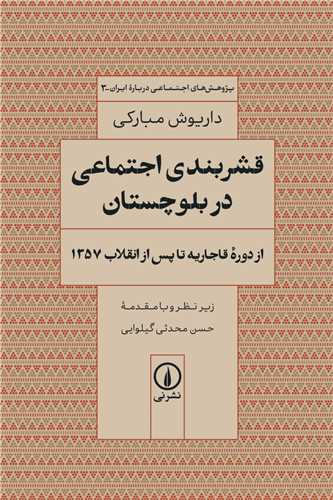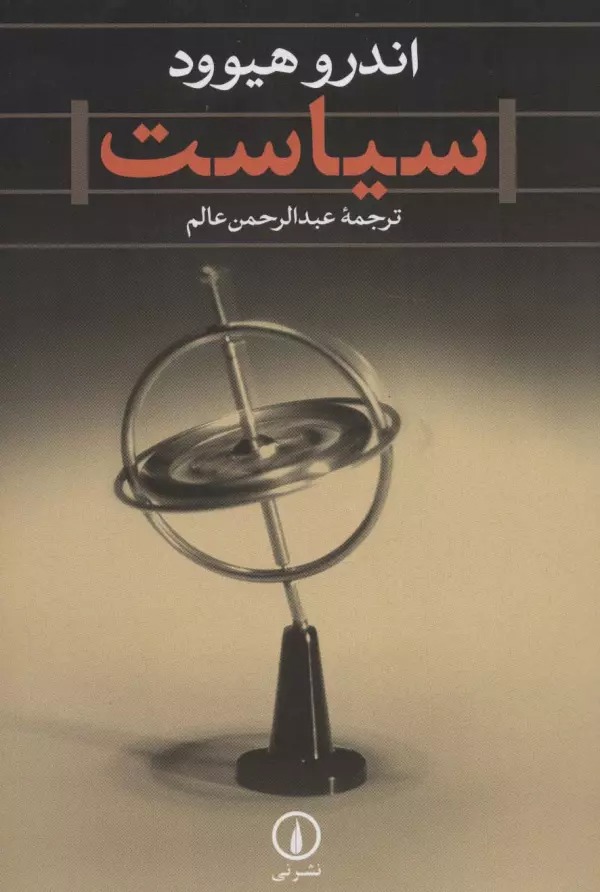بنیانگذاری برای مابعد الطبیعه اخلاق الفارسية 1442
Bunyān'guẕārī barāy-i mābu'd al-ṭabī'ah akhlāq
23٫12 $
مشاركة
Wishlist
العنوان الأصلي:
Grundlegung zur Metaphysik der Sitten
ISBN رقم:
9786220603955
المترجم:
Masʻūd Ḥusaynī
الناشر:
Nashr-i niy
الفئة العمرية:
البالغون
الصفحات:
190
الوزن:
228 g
أبعاد المنتج:
14 x 21 x 2 cm
غلاف الكتاب:
غلاف ورقی
Foundation for the Metaphysics of ethics is one of the most profound and important works in the field of practical philosophy (ethics) and Kant's first post-critical work in this field. In the philosophy of ethics, this work is placed in the same line as Aristotle's Ethics of Nicomachus. For the first time in this work, Kant explains and elaborates on the principle of self-legislation (self-regulation) of the will, the principle of which is that moral duties are imposed on the human being by (pure reason) and can be unconditionally binding only to the extent that they are so. From Kant's point of view, all the other moral theories agree on the assumption that the basis of moral duties should be considered the object or relative of the will (the good thing, under the various and conflicting interpretations of it), instead of the will itself, which is Kant's dictionary interprets it as different legislation (different ritual). Accordingly, as long as the subject of will is considered the basis of moral duties, it cannot be explained why moral duties are unconditionally binding. In other words, according to Kant, moral duty is a kind of unconditional command (order) that if we consider its basis to be the object or subject of the will, we have negated its unconditionality and made it conditional. Kant is looking for the most general (all-inclusive) moral principle for all finite rational beings, both human and non-human.
more
بنیانگذاری برای مابعدالطبیعهی اخلاق یکی از ژرفترین و مهمترین آثار در زمینهی فلسفهی عملی (اخلاق) و نخستین اثرِ مابعدِ نقدیِ کانت در این حوزه است. این اثر را در فلسفهی اخلاق در ردیفِ اثری چون اخلاقِ نیکوماخوسیِ ارسطو قرار میدهند. کانت نخستین بار در این اثر اصلِ خودقانونگذاریِ (خودآیینیِ) اراده را شرح و بسط میدهد، اصلی به این مضمون که تکالیفِ اخلاقی از جانبِ (عقلِ محضِ) انسان بر گردهی انسان نهاده میشوند و تنها تا جایی که چنین باشند میتوانند بهطورِ بیقیدوشرط الزامآور باشند. از دیدگاهِ کانت، جمیعِ نظریاتِ اخلاقیِ دیگر در این فرض اتفاقِ نظر دارند که مبنای تکالیفِ اخلاقی را باید، به جای خودِ اراده، ابژه یا متعلَقِ اراده (امرِ خیر، ذیلِ تفسیرهای گوناگون و متعارضی که از آن شده است) دانست، چیزی که در قاموسِ کانت از آن تعبیر به دگرقانونگذاری (دگرآیینی) میشود. بر این اساس، تا زمانی که متعلَقِ اراده مبنای تکالیفِ اخلاقی تلقی شود نمیتوان تبیین کرد که چرا تکالیفِ اخلاقی بهطورِ بیقیدوشرط الزامآورند. بهعبارتِ دیگر، تکلیفِ اخلاقی در نظرِ کانت نوعی امرِ (دستورِ) بیقیدوشرط است که اگر مبنای آن را ابژه یا متعلَقِ اراده بدانیم بیقیدوشرط بودنِ آن را نفی و مشروط اش ساختهایم. کانت در پیِ کلیترین (همهشمولترین) اصلِ اخلاق برای همهی موجوداتِ متعقلِ متناهی، اعم از انسان و غیرِانسان، است.
more



